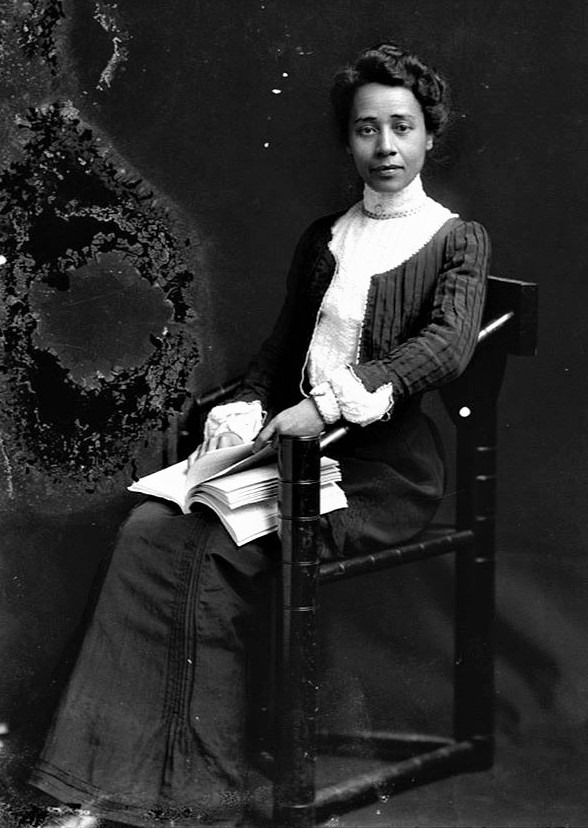
Anna Julia Cooper: Champion of Black Women’s Voices
Born into slavery in Raleigh, North Carolina, Anna Julia Cooper transformed the limitations imposed upon Black women into fuel for her relentless pursuit of education and justice.

Born into slavery in Raleigh, North Carolina, Anna Julia Cooper transformed the limitations imposed upon Black women into fuel for her relentless pursuit of education and justice.
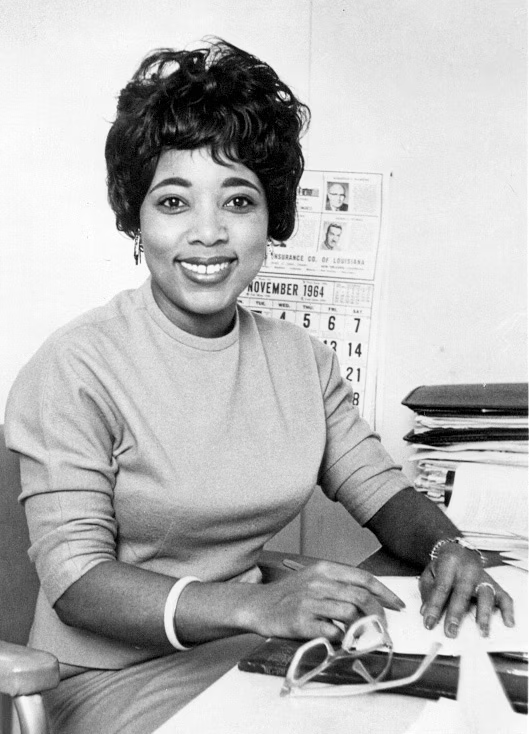
When we think of the Civil Rights Movement, names like Martin Luther King, Jr. and John Lewis dominate the narrative. Dorothy Cotton, an unsung architect of racial justice, embodied the period of protest and change.
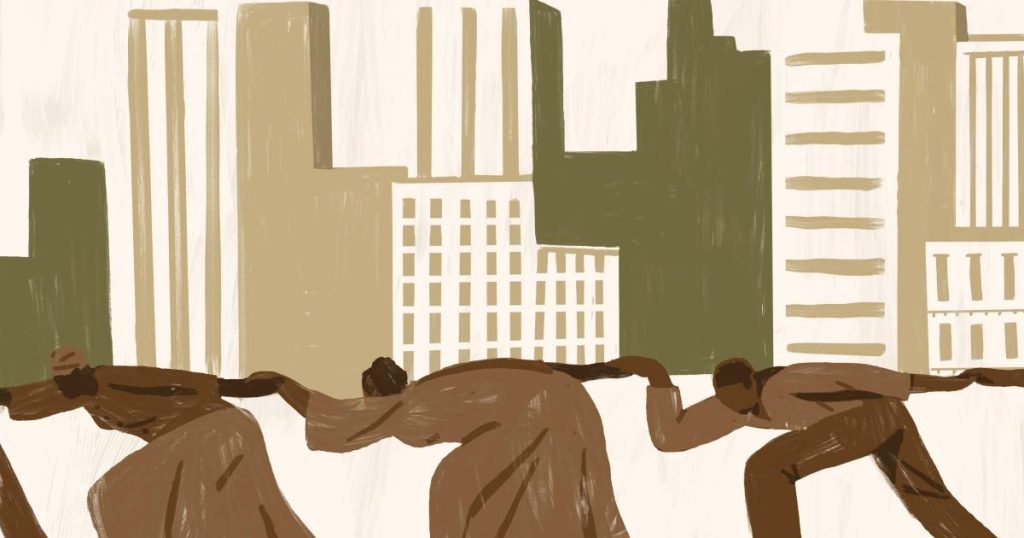
The tradition of Black philanthropy predates the Civil War. Black men and women joined with White abolitionists in the spirit of giving time, money and activism.
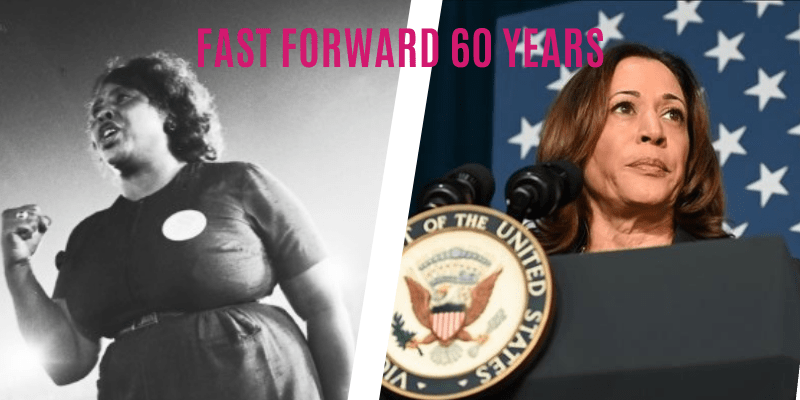
It is in the spirit of Fannie Lou Hamer and countless Black women small “d” democrats who sacrificed blood and determination, that we hail the nomination of Kamala Harris.
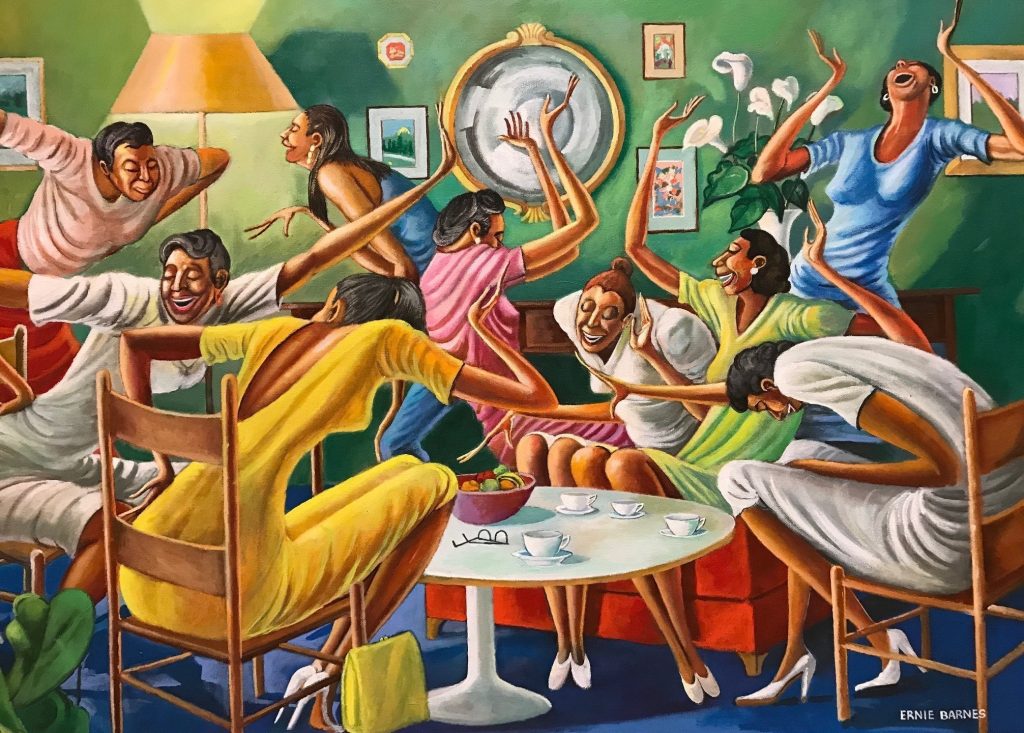
Musical royalty, they were all late 19th Century contemporaries who staked out their legendary portraits: the First Lady of Blues Mammie Smith, the Mother of Blues Ma Rainey, the Empress of Blues Bessie Smith.
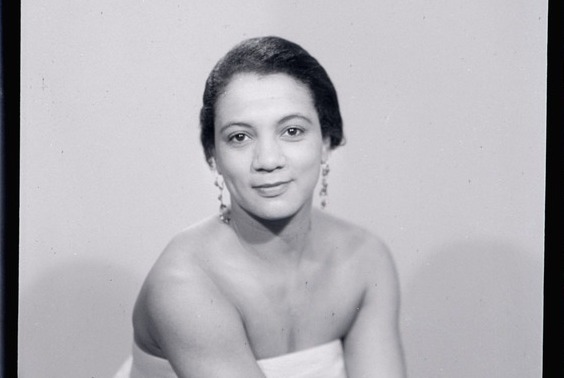
Bricktop, the fiery red headed saloon keeper, held court in Paris' "it" scene. Captivating artists and expats helped her build bridges that traversed class, nationalism and cultures.
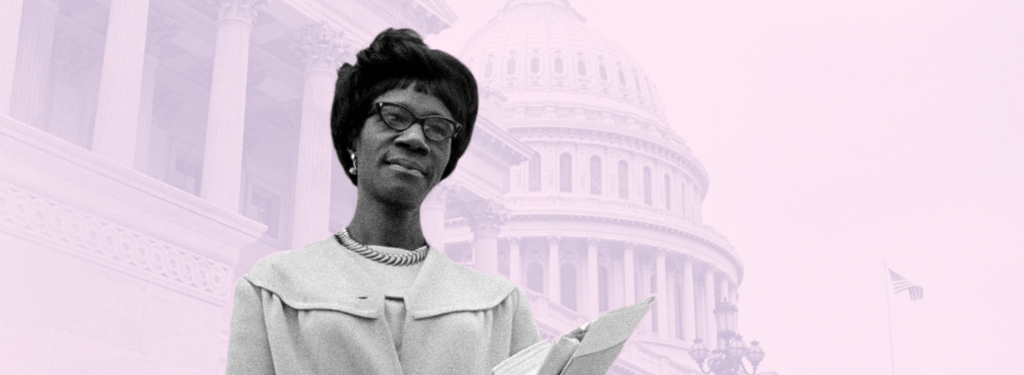
The life of the great Shirley Chisholm was punctuated with pivotal firsts.
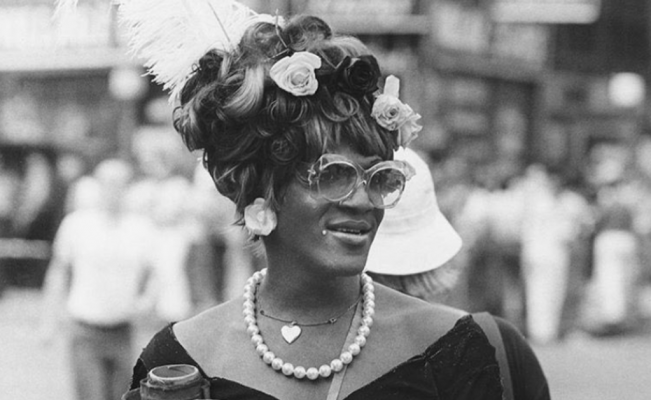
The 1960's whirlwind of change brought a new form of LGBTQ activism, led by Marsha P. Johnson and other transwomen who made a lasting imprint on the movement.
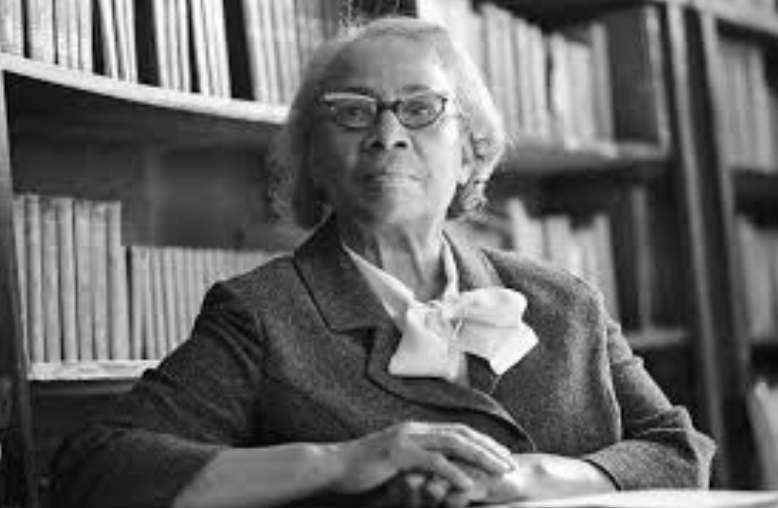
More than a witness to history, Clark helped shape it, responding to voter suppression with the indomitable reframe to teach, giving meaning and momentum to the 20th Century suffragists.
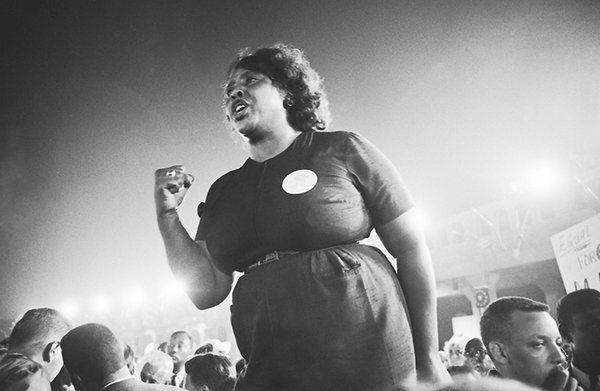
Fannie Lou Hamer's worldview birthed a vision for a future trained on equity, freedom, and reconciling history with policy.